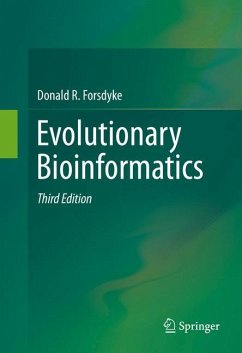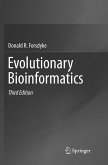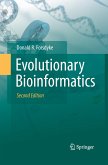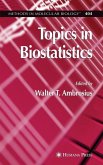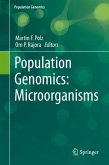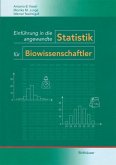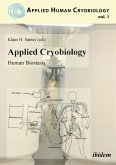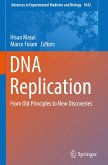Now in its third edition and supplemented with more online material, this book aims to make the "new" information-based (rather than gene-based) bioinformatics intelligible both to the "bio" people and the "info" people. Books on bioinformatics have traditionally served gene-hunters, and biologists who wish to construct family trees showing tidy lines of descent. While dealing extensively with the exciting topics of gene discovery and database-searching, such books have hardly considered genomes as information channels through which multiple forms and levels of information have passed through the generations. This "new bioinformatics" contrasts with the "old" gene-based bioinformatics that so preoccupies previous texts. Forms of information that we are familiar with (mental, textual) are related to forms with which we are less familiar (hereditary). The book extends a line of evolutionary thought that leads from the nineteenth century (Darwin, Butler, Romanes, Bateson), through the twentieth (Goldschmidt, White), and into the twenty first (the final works of the late Stephen Jay Gould). Long an area of controversy, diverging views may now be reconciled.
Bitte wählen Sie Ihr Anliegen aus.
Rechnungen
Retourenschein anfordern
Bestellstatus
Storno

